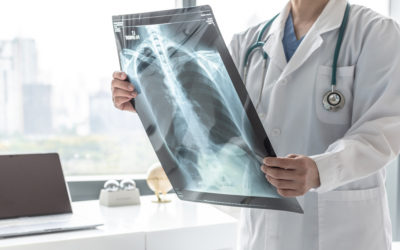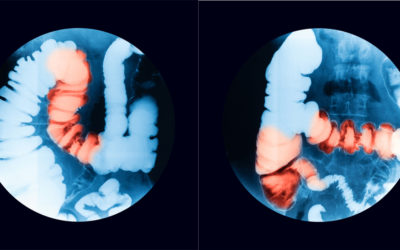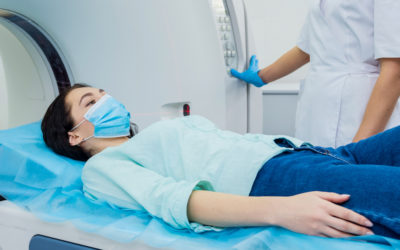CT Scanner
McKenzie-Willamette Medical Center has two state of the art CT scanners.
Thanks to CT scanning (computed tomography, often called a “CAT” scan) doctors can view a “slice” of the human body painlessly. Often used to diagnose life-threatening conditions and issues like cancer, blood clots, infections, lung and liver disease, head and spine injuries and internal bleeding, McKenzie-Willamette Medical Center includes CT scans among the variety of diagnostic tools we use to give patients of all ages a clear picture of illness and injury.
McKenzie-Willamette performs Calcium Scoring procedures under CT. This is a simple, cost-effective exam to check for build-up of calcium in plaque on the walls of the arteries of the heart (coronary arteries). This test is used to check for early-stage heart disease and determine severity.
Low Dose Lung Screening
Too many people at risk wait until they experience symptoms, like a chronic cough, before they get a lung screening. Among those are heavy smokers who face lung cancer as a major cause of death. “High risk smokers” who have an annual CT lung screening can detect lung cancer much sooner and reduce the death rate by 20%. The Centers for Medicare & Medicaid Services (CMS) has determined that the evidence is sufficient to add a lung cancer screening counseling and shared decision making visit, and for appropriate beneficiaries, annual screening for lung cancer with low dose computed tomography (LDCT), as an additional preventive service benefit under the Medicare program.
 McKenzie-Willamette is proud to be working in conjunction with Radiology Associates, PC to provide Low Dose Lung Screening for your patients. Imaging is accredited for quality and safety by the American College of Radiology.
McKenzie-Willamette is proud to be working in conjunction with Radiology Associates, PC to provide Low Dose Lung Screening for your patients. Imaging is accredited for quality and safety by the American College of Radiology.
For More Information
Call 541-988-6900
Related Services and Conditions
Diagnostic Imaging
At McKenzie-Willamette Medical Center, diagnostic imaging is used to create a graphic depiction of the structures and functions of the body’s organs and other internal systems. These images are used to examine and diagnose certain medical conditions. Services Include:...
Fluoroscopy
Sometimes doctors need to see more than a still image to diagnose or treat a problem. Fluoroscopy is a test that uses a steady beam of x-rays (like a movie) to look at parts of the body and movement within the body, such as blood moving through a blood vessel....
Magnetic Resonance Imaging (MRI)
It’s clear—precision is important during diagnosis. Of all imaging technologies, MRI or Magnetic Resonance Imaging gives doctors the clearest, most precise image of the inside of the body. It’s sophisticated, and uses a strong magnetic field to show the structure and...
Pediatric Imaging
To help with a diagnosis, your child’s provider may order an imaging study like an x-ray or ultrasound. While some of these scans are quick and easy, others may prove more of a challenge for children because they require the patient to lie very still for up to 30...
Ultrasound
McKenzie-Willamette Medical Center uses ultrasound as a painless, non-invasive way to diagnose a variety of diseases and conditions without the use of radiation, making this a widely used procedure during pregnancy. Sometimes called sonography, ultrasounds bounce...
End of Year Benefits
We understand the end of the year is a very hectic time. But while we look forward to the new, let’s also take stock of how we can improve today — and save! At McKenzie-Willamette Medical Center we encourage you to take some time for yourself. Doing so could not only...






